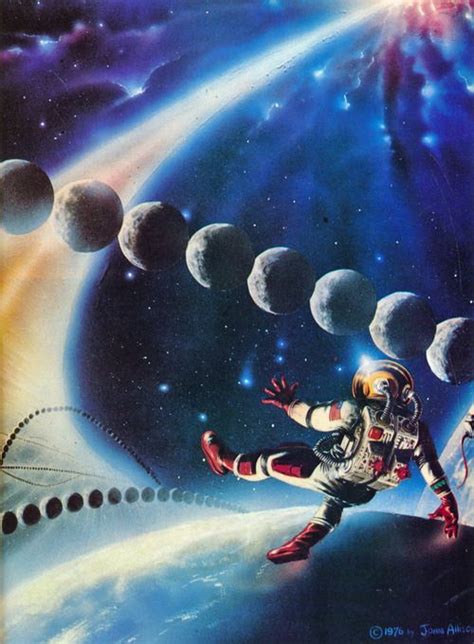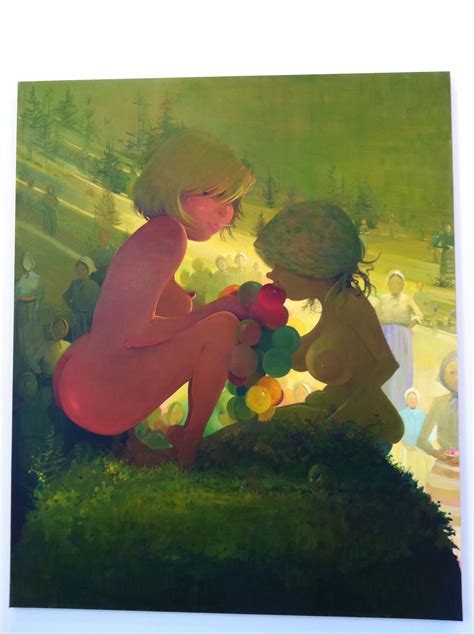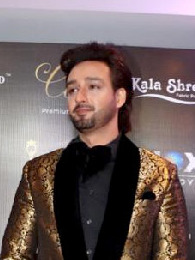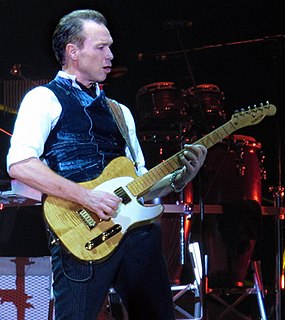A Quote by Marie Corelli
For though there never was so much reading matter put before the public, there was never less actual 'reading' in the truest and highest sense of the term than there is at present.
Related Quotes
... Oceanic malaise. I never saw anyone reading anything more demanding than a comic book. I never heard any youth express an interest in science or art. No one even talked politics. It was all idleness, and whenever I asked someone a question, no matter how simple, no matter how well the person spoke English, there was always a long pause before I got a reply, and I found these Pacific pauses maddening. And there was giggling but no humor - no wit. It was just foolery.
I suppose I could read more fiction, but I haven't moved in that direction. I'd like more time even though I spend six hours a day reading. People say their eyes get tired, but I've never experienced that. In college I used to read 10 hours a day. My wife says I'm obsessive compulsive. She might have a point because when I was an undergrad student we had the required reading list and the suggested reading list. I always read all the suggested reading too.
Reading, therefore, is a co-production between writer and reader. The simplicity of this tool is astounding. So little, yet out of it whole worlds, eras, characters, continents, people never encountered before, people you wouldn’t care to sit next to in a train, people that don’t exist, places you’ve never visited, enigmatic fates, all come to life in the mind, painted into existence by the reader’s creative powers. In this way the creativity of the writer calls up the creativity of the reader. Reading is never passive.







































